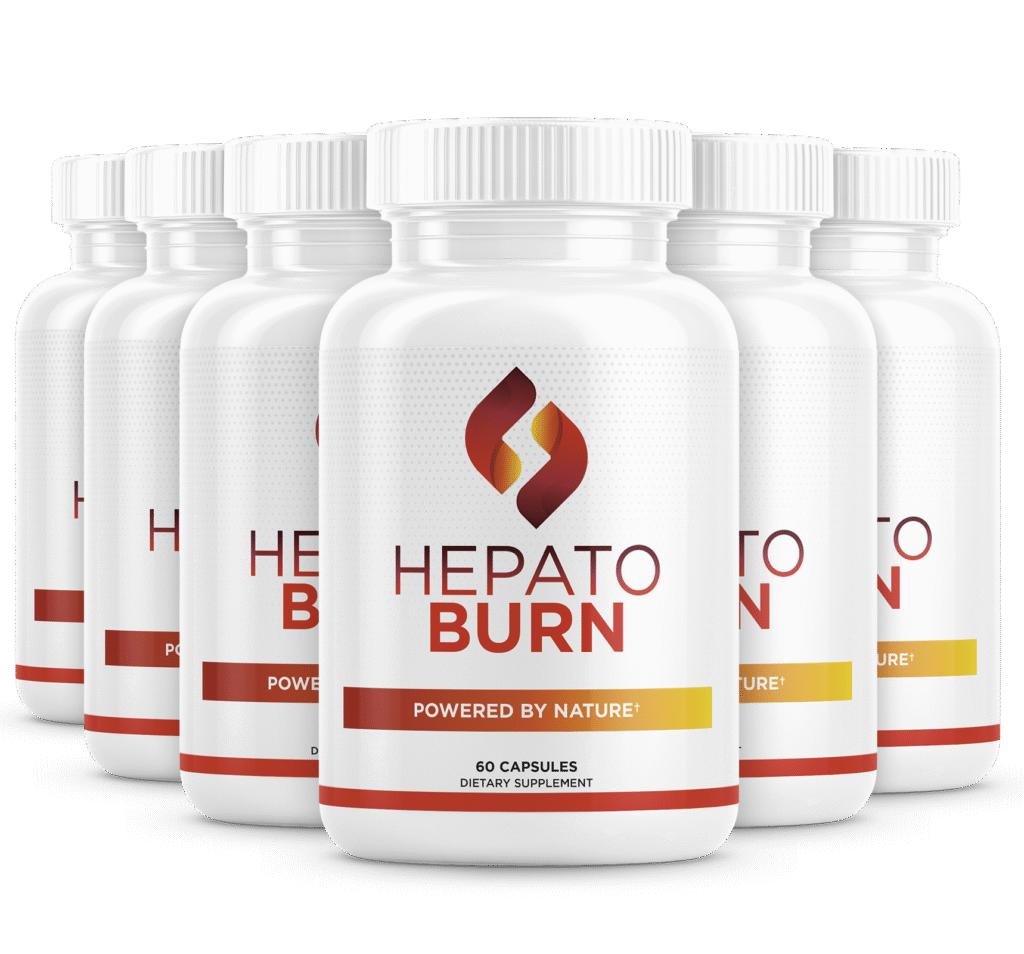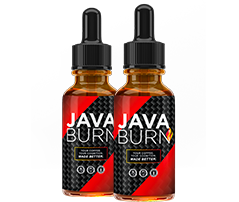Signs of Compromised Liver Function.
Warning Signals Your Body is Sending
Your liver is one of the hardest-working organs in your body, performing over 500 essential functions daily. From processing toxins to metabolizing fats, this vital organ plays a crucial role in your overall health and weight management. However, compromised liver function has become increasingly common, often manifesting in ways that many people don’t immediately recognize as liver-related issues. Understanding these warning signs can help you take proactive steps toward liver function support and overall wellness.

Understanding Your Liver’s Critical Role in Health and Metabolism
Before exploring the signs of liver dysfunction, it’s important to understand why liver health is so crucial for your overall well-being. Your liver acts as your body’s primary detoxification center, processing everything from the food you eat to environmental toxins. It also plays a vital role in:
- Fat metabolism and weight management
- Blood sugar regulation
- Protein synthesis
- Bile production for digestion
- Storage of essential vitamins and minerals
- Immune system support
When your liver becomes compromised, these functions can become impaired, leading to a cascade of health issues that affect your energy, weight, and overall quality of life.
Early Warning Signs of Compromised Liver Function
1. Unexplained Weight Gain and Stubborn Belly Fat
One of the most common and frustrating signs of compromised liver function is unexplained weight gain, particularly stubborn belly fat that seems impossible to lose. When your liver isn’t functioning optimally, it struggles to process fats efficiently, leading to:
- Accumulation of visceral fat around the midsection
- Difficulty losing weight despite diet and exercise efforts
- Sluggish fat metabolism
- Increased cravings for sugary and fatty foods
Many people find themselves dealing with stubborn fat that won’t budge, regardless of their efforts. This frustrating situation often stems from an overburdened liver that can’t effectively process and eliminate toxins and fats.
2. Persistent Fatigue and Low Energy
A compromised liver can significantly impact your energy levels. When your liver is struggling to perform its detoxification duties, toxins can build up in your system, leading to:
- Chronic fatigue that doesn’t improve with rest
- Morning sluggishness
- Energy crashes throughout the day
- Difficulty concentrating and mental fog
- Reduced motivation for physical activity
This fatigue often compounds weight management challenges, as low energy makes it harder to maintain an active lifestyle and healthy eating habits.
3. Slow Metabolism Fix Indicators
A slow metabolism is often a telltale sign of liver dysfunction. Your liver plays a crucial role in metabolic processes, and when it’s compromised, you may notice:
- Difficulty maintaining or losing weight
- Feeling cold frequently
- Slow recovery from exercise
- Irregular bowel movements
- Decreased appetite or unusual food cravings
These metabolism-related symptoms often frustrate individuals who feel like their body isn’t responding to healthy lifestyle choices.
4. Digestive Issues and Bloating
The liver produces bile, which is essential for fat digestion. When liver function is compromised, digestive problems often follow:
- Frequent bloating, especially after meals
- Difficulty digesting fatty foods
- Nausea or queasiness
- Changes in stool color or consistency
- Acid reflux or heartburn
- Loss of appetite
5. Skin Changes and Complexion Issues
Your skin often reflects your liver health. When your liver is struggling, you may notice:
- Dull, sallow complexion
- Dark circles under the eyes
- Skin rashes or irritation
- Yellowing of the skin or eyes (in severe cases)
- Easy bruising
- Itchy skin without an apparent cause
6. Sleep Disturbances and Hormonal Imbalances
A compromised liver can affect sleep quality and hormone regulation:
- Difficulty falling asleep or staying asleep
- Waking up feeling unrefreshed
- Night sweats
- Mood swings and irritability
- Irregular menstrual cycles (in women)
- Decreased libido
Advanced Signs That Require Immediate Attention
While early signs can often be addressed through lifestyle changes and natural liver function support, more advanced symptoms require immediate medical attention:
- Severe abdominal pain
- Persistent nausea and vomiting
- Dark urine
- Pale or clay-colored stools
- Significant yellowing of skin or eyes
- Swelling in legs, ankles, or abdomen
- Confusion or difficulty thinking clearly
Risk Factors for Compromised Liver Function
Understanding what can compromise liver function helps in both prevention and treatment:
Lifestyle Factors:
- Excessive alcohol consumption
- Poor diet high in processed foods
- Sedentary lifestyle
- Chronic stress
- Inadequate sleep
- Exposure to environmental toxins
Medical Factors:
- Obesity and metabolic syndrome
- Diabetes
- High cholesterol
- Certain medications
- Viral infections (hepatitis)
- Genetic predisposition
Age-Related Factors: As we age, liver function naturally declines. This is particularly relevant for weight loss supplements for women over 35 and men who may notice changes in their metabolism and energy levels.
Natural Approaches to Supporting Liver Health
1. Dietary Modifications for Liver Support
Supporting your liver through nutrition is one of the most effective natural approaches:
Liver-Friendly Foods:
- Leafy greens (spinach, kale, arugula)
- Cruciferous vegetables (broccoli, Brussels sprouts)
- Citrus fruits rich in vitamin C
- Berries packed with antioxidants
- Fatty fish high in omega-3s
- Nuts and seeds
- Green tea
Foods to Limit:
- Processed and fried foods
- Excessive sugar and refined carbohydrates
- Alcohol
- Trans fats and hydrogenated oils
- High-sodium processed foods
2. The Mediterranean Connection
Mediterranean plant extract and traditional Mediterranean dietary patterns have shown significant benefits for liver health. This approach emphasizes:
- Olive oil as a primary fat source
- Fresh fruits and vegetables
- Whole grains
- Lean proteins
- Herbs and spices with anti-inflammatory properties
3. Hydration and Toxin Elimination
Proper hydration supports your liver’s detoxification processes:
- Drink at least 8-10 glasses of water daily
- Start your day with lemon water
- Limit sugary beverages
- Consider herbal teas that support liver function
4. Regular Exercise for Liver Health
Physical activity supports liver function by:
- Improving circulation and oxygen delivery
- Supporting weight management
- Reducing inflammation
- Enhancing the body’s natural detoxification processes
- Boosting metabolism and energy levels
The Role of Natural Liver Support Supplements
For many people dealing with compromised liver function, dietary changes and lifestyle modifications may need additional support. This is where natural liver cleanse supplements and liver detox supplements can play a valuable role.
What to Look for in a Quality Liver Support Supplement
Key Ingredients for Liver Health:
- Milk thistle (silymarin) for liver cell protection
- Dandelion root for bile production support
- Turmeric for anti-inflammatory benefits
- N-acetyl cysteine (NAC) for antioxidant support
- Alpha-lipoic acid for cellular protection
Quality Considerations:
- Third-party testing for purity and potency
- Made in USA in FDA registered supplement facilities
- Natural, plant-based ingredients
- No artificial fillers or harmful additives
- Proper dosage and bioavailability
Best Liver Detox for Weight Loss
Many people find that addressing liver health naturally supports weight management efforts. A comprehensive liver purification complex can help:
- Support the liver’s natural fat-burning processes
- Enhance metabolism and energy production
- Reduce inflammation that can contribute to weight gain
- Support the body’s natural detoxification pathways
Natural Fat Burner Through Liver Support
When your liver functions optimally, it acts like a natural fat burning furnace. Supporting liver health can help:
- Improve fat metabolism
- Reduce stubborn belly fat
- Boost overall energy and metabolism
- Support sustainable weight management
Creating Your Liver Health Action Plan
Phase 1: Immediate Changes (First 2 Weeks)
- Eliminate obvious liver stressors (excess alcohol, processed foods)
- Increase water intake
- Add liver-supporting foods to each meal
- Establish regular sleep schedule
Phase 2: Building Momentum (Weeks 3-8)
- Implement regular exercise routine
- Consider natural liver function support supplements
- Monitor energy levels and weight changes
- Add stress management techniques
Phase 3: Long-term Maintenance (Ongoing)
- Maintain healthy lifestyle habits
- Regular health check-ups including liver function tests
- Adjust supplement regimen as needed
- Continue monitoring progress and symptoms
Special Considerations for Different Demographics
Liver Support for Women Over 35
Women over 35 often face unique challenges related to liver health and metabolism:
- Hormonal changes can affect liver function
- Slower metabolism may require additional support
- Stress from family and career responsibilities
- Natural metabolism booster supplements may be particularly beneficial
Metabolism Support for Men
Men may experience liver-related metabolism issues differently:
- Higher likelihood of alcohol-related liver stress
- Work-related stress and poor dietary habits
- Need for natural fat burner approaches that support overall health
Liver Health for Seniors
As we age, liver function naturally declines, making support even more important:
- Increased medication use can stress the liver
- Slower metabolism and weight management challenges
- Need for gentle, natural approaches to liver support
When to Seek Professional Help
While natural approaches can be highly effective for supporting liver health, certain situations require professional medical evaluation:
- Persistent symptoms despite lifestyle changes
- Sudden or severe symptoms
- History of liver disease in the family
- Taking medications that may affect liver function
- Significant weight gain or loss without explanation
The Science Behind Natural Liver Support
Recent research has shown promising results for natural approaches to liver health:
- Studies on milk thistle demonstrate significant liver protective effects
- Mediterranean dietary patterns show reduced risk of fatty liver disease
- Regular exercise has been proven to improve liver function markers
- Certain plant extracts show promise in supporting liver detoxification
Conclusion: Taking Control of Your Liver Health
Recognizing the signs of compromised liver function is the first step toward reclaiming your health, energy, and weight management goals. Your liver’s health directly impacts your ability to maintain a healthy weight, sustain energy levels, and feel your best.
Whether you’re dealing with stubborn fat that won’t budge, experiencing a slow metabolism that needs fixing, or simply want to support your liver’s natural functions, taking a comprehensive approach is key. This includes:
- Making dietary changes that support liver health
- Incorporating regular physical activity
- Managing stress and getting adequate sleep
- Considering high-quality, natural liver support supplements when appropriate
- Working with healthcare professionals when needed
Remember, the best liver detox for weight loss isn’t about quick fixes or extreme measures. It’s about supporting your liver’s natural functions through consistent, healthy choices that allow this remarkable organ to do what it does best – keep you healthy, energized, and at your optimal weight.
By paying attention to the signs your body is sending and taking proactive steps to support your liver health, you’re investing in your long-term wellness and vitality. Your liver works tirelessly for you every day – isn’t it time you returned the favor?


